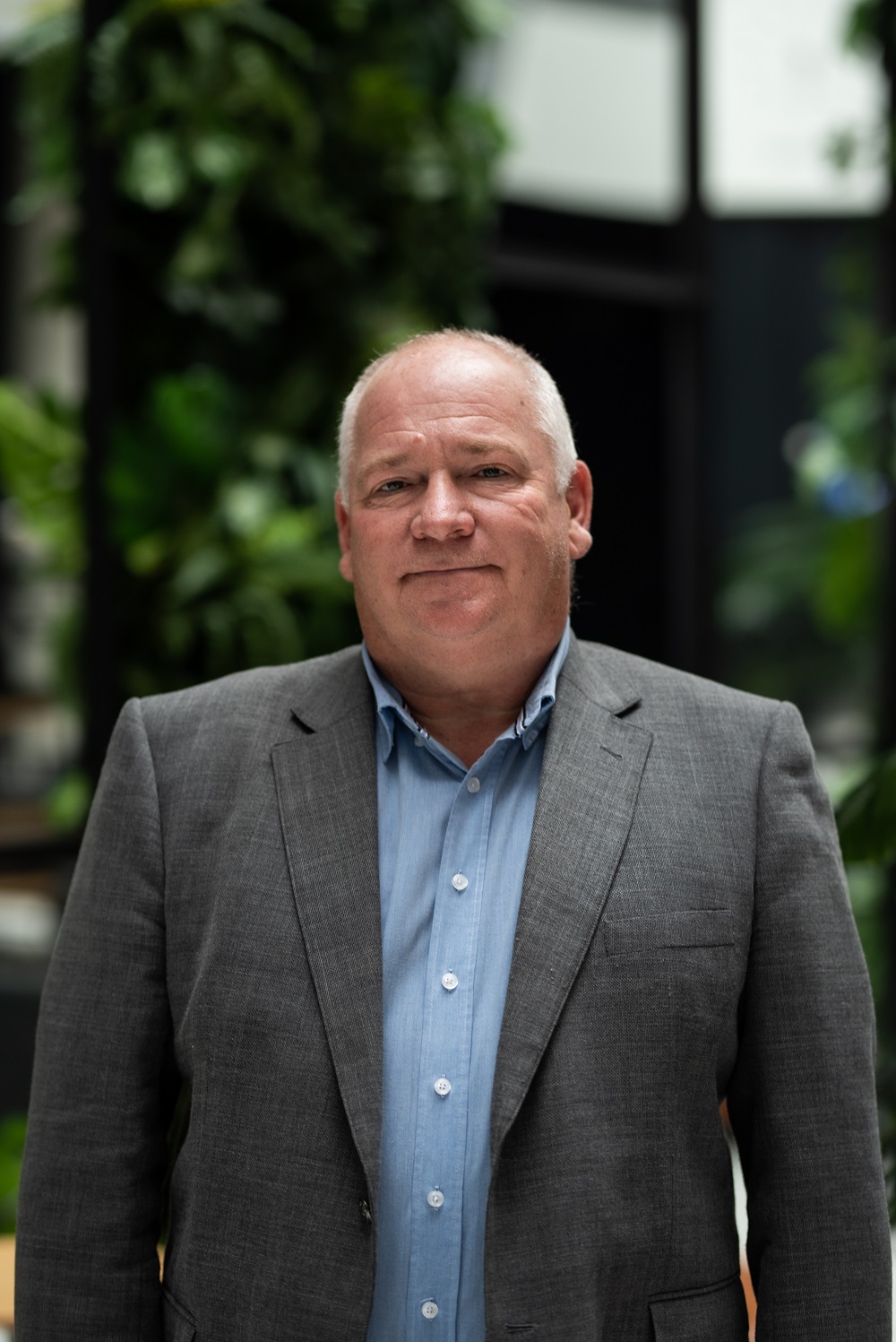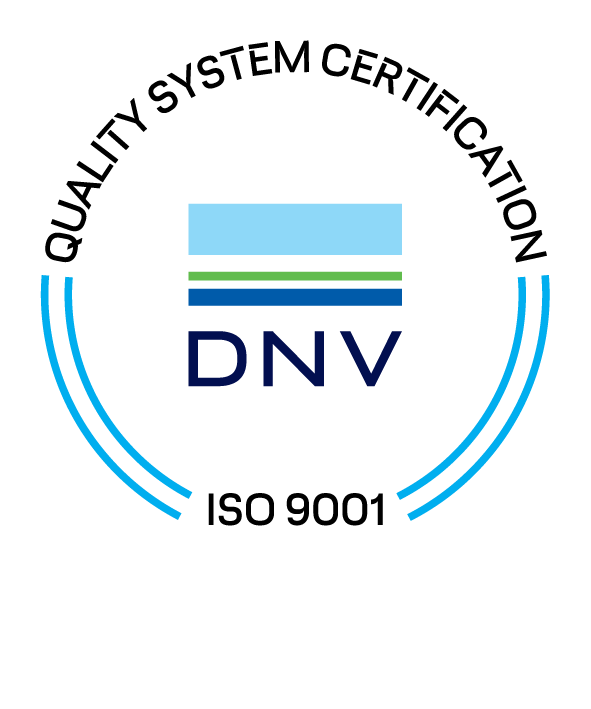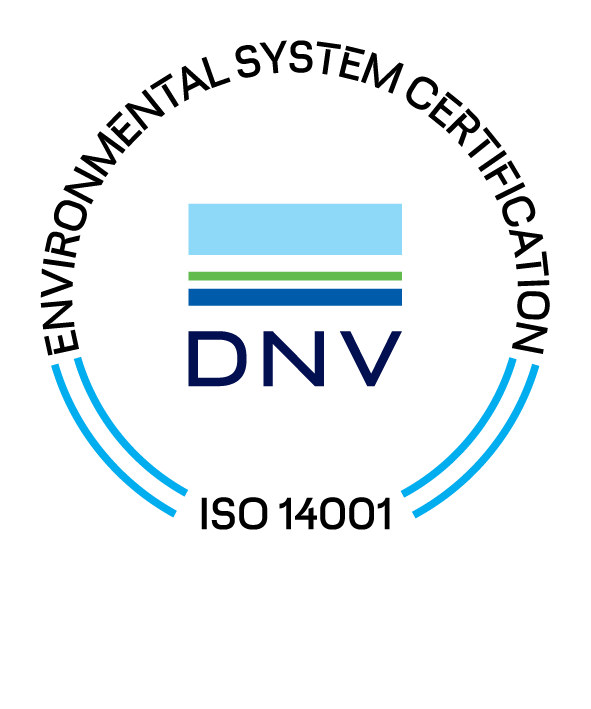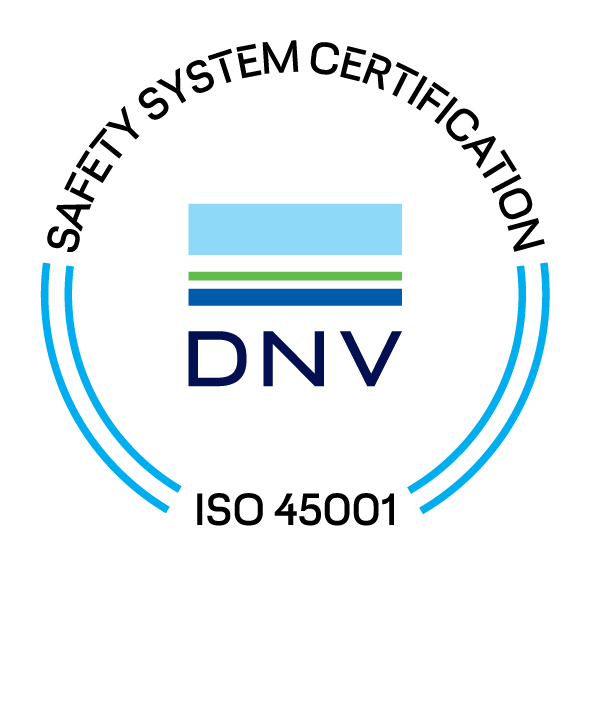Wish to Work in a Safety Role in Aviation? Prepare to Be Humble and Stick to Your Principles

Ola M. Bakk, Corporate Safety and Compliance Manager at Aviator Airport Alliance, a full-range provider of aviation services at 15 airports across the Nordics and a family member of Avia Solutions Group, shares his story about becoming an aviation safety expert and insights on what personal qualities could be called a necessity in this role and what challenges specialists face daily.
Scepticism – a Key to a Successful Career in Safety
Bakk remembers that his own entry into aviation was quite accidental, but it continued for more than four decades mainly because of his natural tendency to question things and the perfectionism lying in his genes. “My father worked for an airline, and I ended up with a summer job there. It wasn't something I had planned, but here I am, still doing the same summer job. I've always been someone who questioned things, and I truly believe that this scepticism set the direction for my life. Being sceptical was probably one of the best things I ever did. Literally, I was criticizing a training program for de-icing in the company where I was working then, and they challenged me to improve it. They said, “OK, here's your challenge. Take over this and see if you can do it better.” I did, and this is how I eventually became the full-time trainer for both ramp operations and de-icing,” says the Corporate Safety and Compliance Manager at Aviator.
“Gradually, I came to realize the critical importance of safety in all aspects of aviation and, over time, developed a deep passion for safety and its significance. Everything you do is somehow safety-related. And having my nature, you always stay on alert trying to understand what is going to go wrong here and there,” says Bakk.
The Biggest Challenge – to Prove that Rules are Here for a Reason
Even though, over the years safety has become one of Bakk’s biggest passions, he admits that this role might be challenging sometimes. Especially when it comes to promoting safety and communication. “Things have changed in the aviation industry since I started 42 years ago. My generation wasn't familiar with iPads, but when it comes to promoting safety, we are still using outdated methods like papers, leaflets, and bulletins. I think these methods no longer work well with today's audience. However, I believe that people respect my previous experience, and that helps them see the wisdom in what I say. Also, having a background working on the ramp gives me insight into how things work, which helps when creating procedures or addressing issues,” says the Corporate Safety and Compliance Manager at Aviator.
He mentions that employees most often involved in various types of accidents are the ones that have been working in the industry for more than five years. “My task is to emphasize that rules are not just there for no reason; they are based on industry experience, not just my own. Over time, we've noticed that employees who have been around for a while can become complacent. They might think they know better and start taking shortcuts, which can lead to problems,” says Bakk and emphasizes the importance of approach in such cases, “The challenge is to reach these experienced employees without talking down to them. We need to approach them as peers, understand their perspectives, and listen to their arguments. Even if we disagree, we should explain our reasons while showing respect for their opinions.”
Main Qualities – Flexibility, Humbleness, and Perfectionism
The Corporate Safety and Compliance Manager at Aviator explains that few personal qualities could be called lifesavers for everyone working in a safety role in the aviation industry. “Firstly, it's important to stick to your principles, but at the same time, you might need to be pragmatic. It's a bit contradictory, but there are situations where you should be flexible to get the job done. You need to learn to admit when you're wrong and say, "Sorry, I made a mistake, let's try this instead." Being humble and showing respect is crucial, especially towards your colleagues. Always respect people. However, do not forget to respect their safety as well. Doing the right thing is a priority,” says Bakk.
According to him, no less important thing is perfectionism, “When I reflect on my career, even if someone says I did well, I never feel like I did something good enough. If someone tells me I did a good job, I tend to get suspicious. For instance, when we get excellent results in an audit, I sometimes think the auditors missed something and it drives me to keep improving the system. If at some point I will think that our quality and safety assurance systems are perfect, I must quit my job, because there's always room for improvement.”
“Being curious is essential as well. It's good to be curious and ask how things can be done even more safely. However, staying curious in aviation is quite easy since every day offers something new; you encounter different issues, challenges, and problems. I'm fortunate to have excellent colleagues at Aviator, and much of my inspiration comes from them, from top to bottom,” says Bakk.






